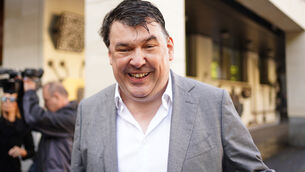From chlorine to biofuels, beware of political trendies with a cause
By 1100 there were 3,000 people living there, but after 1300 the farming community died out following the arrival of what became known as the Little Ice Age, which lasted until 1850.
Before that the earth had gone through cycles of global warming and cooling, even within recorded history. The era from 200 BC to 600 AD was known as the Roman Warming period; 600 to 900 was the cold period of the Dark Ages, and 900 to 1300 was the Medieval Warming period.














